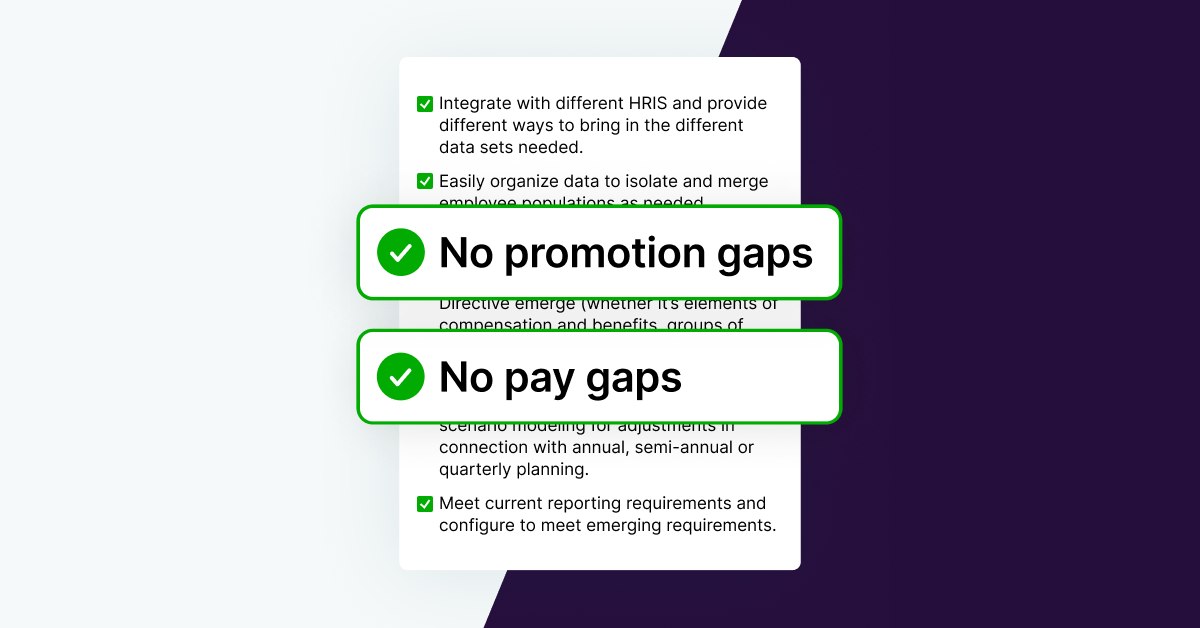Last week, Mark R. Kramer with Harvard Business Review released The 10 Commitments Companies Must Make to Advance Racial Justice. Two of the 10 commitments to fight against racial injustice are actions related to fair pay.
At a time when corporate commitments to fighting racial injustice are beginning to feel like marketing, tangible action is a welcome change.
What’s the takeaway? Fair pay is fundamental. An employer committed to anti-bias and inclusion must ensure that it is paying fairly, without regard to gender, race, or ethnicity.
David Gelles covered this in the New York Times article titled, Corporate America has Failed Black America. He says, “as brands rushed to align themselves with protestors over the past week, their words often rang hollow, undermined by their own actions.”
Important questions to consider in the corporate fight against racial injustice
- How can corporate leaders ensure they are taking action against racial pay discrimination?
- When it comes to hiring, promotions and pay, what steps must an employer take to analyze and resolve disparities that exist due to race?
- How can corporate leaders turn positive energy and intent into action?
Running an adverse impact analysis on a potential layoff population is not enough. After the layoff, the disparities remain — and often get worse. Layoffs rarely favor the most vulnerable.
We are learning even more about this during COVID-19. The layoffs and economic fallout had a disproportionate impact on women, specifically Black women. Although recovery is still far off, how will companies (including our own) ensure that as they hire, they will do so with a stronger commitment to diversity across gender, race and ethnicity?
We’re in the midst of some work to help answer these. Take a look at our series of pay equity best practice webinars to help keep equity and fairness at the center of the workplace.


